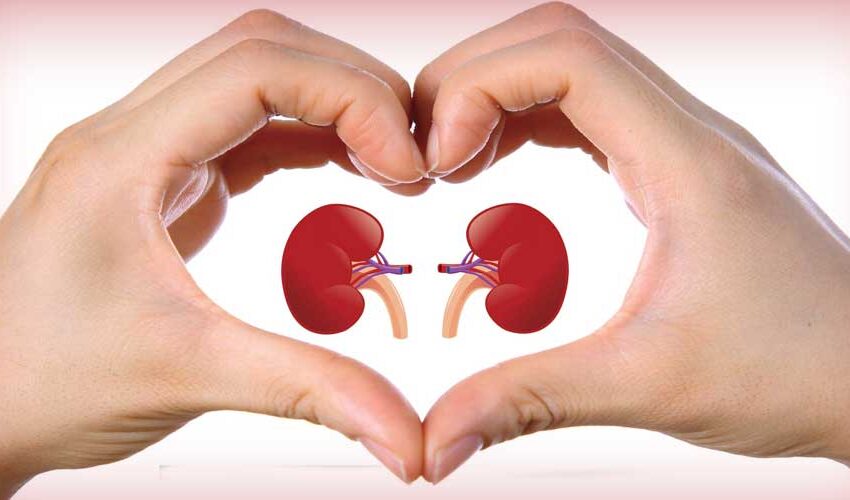What Is The Latest Treatment For Chronic Kidney Disease?

Chronic Kidney Disease (CKD) is a widespread and debilitating health condition that affects millions of people worldwide. In this blog, we’ll explore the latest developments in the treatment of CKD, including innovative therapies and approaches aimed at improving the quality of life for those affected by this chronic condition.
Understanding Chronic Kidney Disease (CKD)
Chronic kidney disease (CKD) is a progressive pathological state characterized by a gradual and sustained decline in renal function. It often goes undiagnosed in its early stages, making it crucial for individuals at risk, such as those with diabetes, hypertension, or a family history of kidney disease, to undergo regular screenings. Untreated CKD can lead to serious complications, including end-stage renal disease, necessitating dialysis or kidney transplantation.
The Current State of CKD Treatment
As of 2021, the management of CKD primarily focuses on slowing disease progression and addressing its complications. Common approaches include blood pressure control, medication to reduce proteinuria (abnormal quantities of protein in the urine), and lifestyle modifications. However, research and clinical trials have been ongoing to identify newer, more effective treatment modalities.
Emerging Medications
Several promising medications for CKD have been in development, and some have gained approval for use. One notable example is Ketosteril Tablets.
Mineral and Bone Disorder Management
CKD often disrupts the balance of minerals in the body, leading to bone disorders and cardiovascular complications. The latest treatments aim to address these issues more effectively, and newer medications like the calcimimetic agent etelcalcetide manage secondary hyperparathyroidism, a common problem in CKD patients.
Novel Approaches to Anemia Management
Anemia is a frequent consequence of CKD due to reduced production of erythropoietin, a hormone that stimulates red blood cell production. Newer agents like roxadustat have been introduced to stimulate erythropoiesis in a different manner than traditional erythropoiesis-stimulating agents (ESAs). This approach offers an alternative and potentially more effective way to manage anemia in CKD patients.
Precision Medicine
The concept of precision medicine is becoming increasingly important in CKD management. By tailoring treatments to an individual’s specific genetic, metabolic, and disease characteristics, healthcare providers can optimize outcomes. Genetic testing and personalized medication regimens are helping in this regard.
Advanced Dialysis Technologies
For those who progress to end-stage renal disease, dialysis is a life-sustaining treatment. Ongoing research is focused on improving the efficiency and convenience of dialysis through the development of wearable or portable dialysis machines. This could provide patients with greater freedom and a better quality of life.
Regenerative Medicine and Kidney Tissue Engineering
An exciting frontier in CKD treatment involves regenerative medicine and tissue engineering. Researchers are exploring ways to create functioning kidney tissue and even whole organs using stem cells and other advanced techniques. These approaches may hold the key to replacing damaged kidney tissue in the future.
Dietary and Lifestyle Interventions
While not necessarily the “latest” development, dietary and lifestyle interventions remain a crucial component of CKD management. A tailored diet that restricts sodium, phosphorus, and potassium intake can help reduce the strain on the kidneys. Regular exercise and stress management are also fundamental in preserving kidney health.
Conclusion
The landscape of CKD treatment is evolving, with several promising developments that provide hope for improved management and quality of life for those affected by this chronic condition. Emerging medications, precision medicine, advanced dialysis technologies, and the potential for regenerative medicine all offer avenues for more effective treatment. It’s essential for patients and healthcare providers to stay informed about these advancements and to work together to develop individualized treatment plans. As research continues to unravel the complexities of CKD, there’s reason to be optimistic about the future of kidney disease management and the potential for better outcomes and enhanced quality of life for patients.



